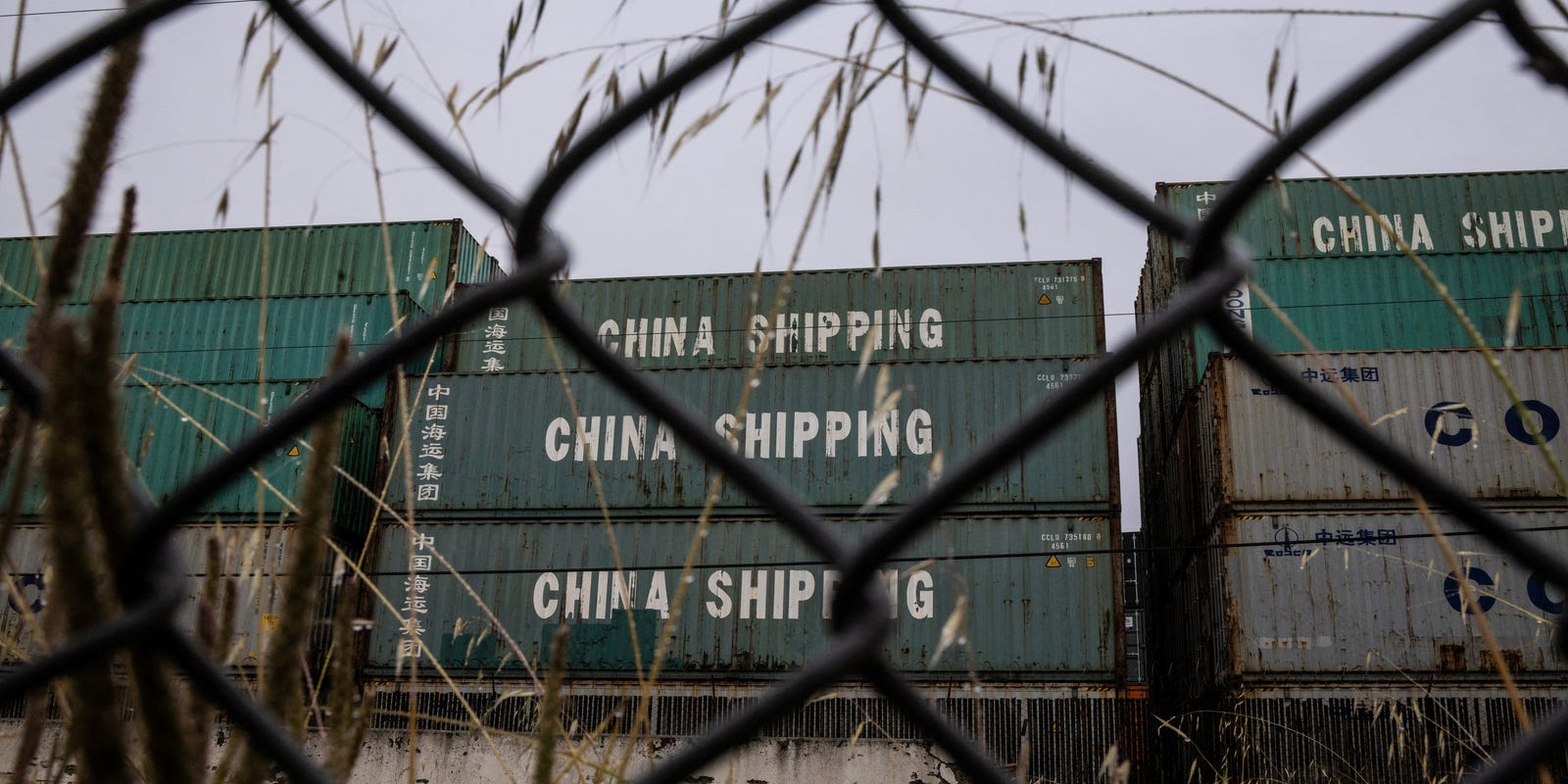
The United States economic outlook has taken a notable positive turn after a temporary trade agreement with China that will lower some of the highest tariffs for a 90-day period. Economists report that this development has led to improved forecasts for inflation and lowered the risk of an impending recession.
The 90-day deal between the world’s two largest economies involves a rollback of a portion of the tariffs that had been implemented amid escalating trade tensions in recent years. The trade reprieve is expected to ease costs for U.S. businesses and consumers, leading to more favorable macroeconomic indicators.
Analysts suggest that this freeze on tariff escalation will offer temporary relief to sectors heavily reliant on imports from China, such as manufacturing and technology. The decrease in import costs could help slow the pace of inflation, which has been a critical concern for both policymakers and the general public.
Market reaction to the announcement has been largely positive, with investor confidence buoyed by the prospect of reduced trade friction and improved economic stability. Meanwhile, although the agreement is short-term, it signals a willingness from both nations to engage in further negotiations.
While the long-term impact of the trade deal remains uncertain, the near-term economic indicators suggest increased optimism across various sectors. Economists note, however, that sustained growth and stability will depend on the successful negotiation of a more comprehensive trade agreement beyond the 90-day period.
The agreement has also tempered speculation of a recession in the near future, as the combination of reduced tariffs and easing inflation forecasts contribute to a healthier economic climate. The Federal Reserve and other analysts are expected to revise forecasts in light of recent developments.
As the deadline for the 90-day window approaches, international and domestic observers will be closely watching for signs of renewed negotiations or further economic adjustments driven by trade policy.
Source: https:// – Courtesy of the original publisher.








